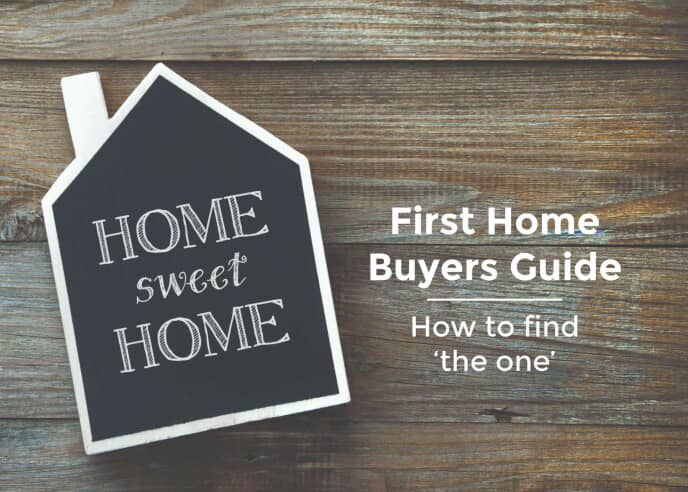We’ll find ‘the one’ soon.
Wise advisers have been telling me that we’ll find ‘the one’ soon, that you’ll walk in and go “yep, this is it. Hello future home”. Which is great in theory, and I really hope they’re right!
However, we’ve been finding that going to open homes, we’re often looking at houses that were already under contract. This means, essentially, that the seller (or vendor) of the property has entered into a contract with someone to sell the house. These contracts can fall over, so the house isn’t necessarily sold yet, but it is closer to it than if there is no offer on the property.
In the first home buyers price range, it seems that houses often get offers on them very soon after they are listed. So how do we get our offer in before someone else snaps up the dream home?
Here are my top tips on how to get in quick:
- Customise your TradeMe searches to show the latest listings first and check new listings daily (I must admit friends, I was embarrassingly slow at clicking on to this one)
- As soon as you see a listing you’re interested in, call the agent and see if you can go through the property before the open home (that way you can go again to the open home to make sure you want it!)
- Find a Real Estate Agent at each agency that you like and get to know them – let them know what you’re looking for and ask them to keep an eye out. If a listing comes up in their company/agency, you can contact that agent, even if it’s not their listing.
During the house hunt, you hear lots of different terms thrown around by people who sound like they know way more than you do (and they probably do, but you’ll get there!). I have the benefit of knowing a lot of the jargon through my job, but Justin has had to learn a lot. You’ll be pleased to know he’s now throwing around jargon like all the rest of the experts!
Justin says: “Now hold on here! Jargon still sometimes goes over my head (though the breakdown below does help) but I just like throwing around jargon anyway. My personal favourite is view shaft – look it up.You won’t necessarily need all these explanations below right now (and if you’re like me you’ll probably forget them anyway) so bookmark this page and come back to it! Or just ask your lawyer (or your wife in my case)…”
Jargon breakdown:
Vendor: The person or people selling the property
Offer: A legal document that a purchaser gives to the vendor, which proposes an agreement to purchase the property.
Agreement (for Sale and Purchase): When an offer is signed by both the Purchaser and the Vendor, it becomes an Agreement, also known as a Contract. This is an Agreement about who will do what and when in relation to the house purchase/sale.
RV: Rateable Value. This is the value that the Council gives to a property. This value is used to determine the rates payable on the property. Rateable Value used to be called Government Valuation (GV). RV is different to a current market valuation – the RV is usually lower that the market value.
Title: A Title is the legal description of a property, contained in a few pages. The first page looks a bit like a weird certificate, followed by a diagram of the piece of land. It describes the land itself, and any legal rights to the land. The most common things you might see listed on a title are an easement, a mortgage, a building line restriction, a consent notice, and a covenant.
Easement: The right to use someone else’s property for a specific purpose e.g. the right to drive over someone else’s land = a right of way.
Mortgage: When the bank loans you money, in exchange they register a mortgage over your property. A mortgage is a set of legal rights over the property, and it’s what gives the bank the right to sell your property if you’re not able to pay back the loan.
Building Line Restriction: This is a document which stops you from building on a certain part of the property – usually the front part.
Consent Notice: This is a notice issued by council with restricts what you can do with the property e.g. stops you from subdividing the land.
Covenant: This is also a document which restricts what you can/can’t do with the property. Covenants are most common in new developments, where the developers want the neighbourhood to stay neat and tidy.

